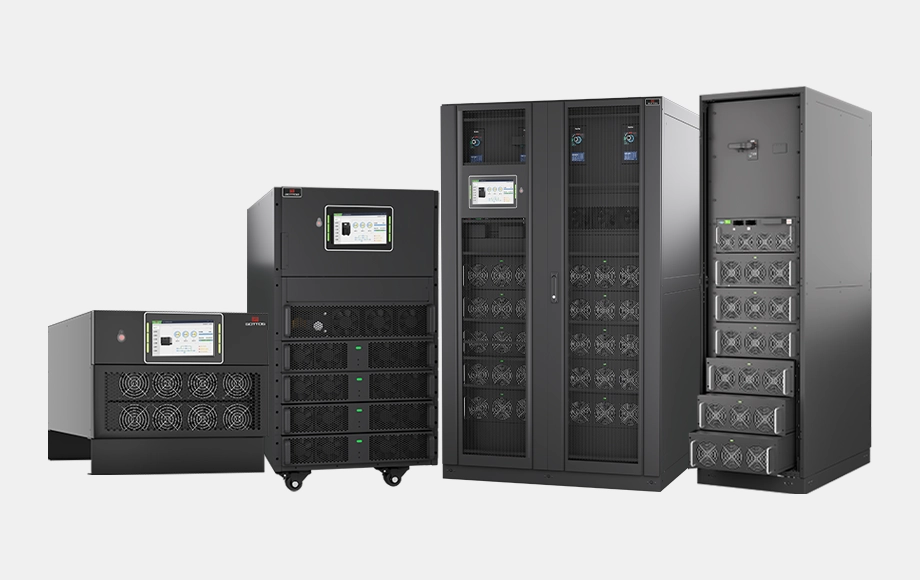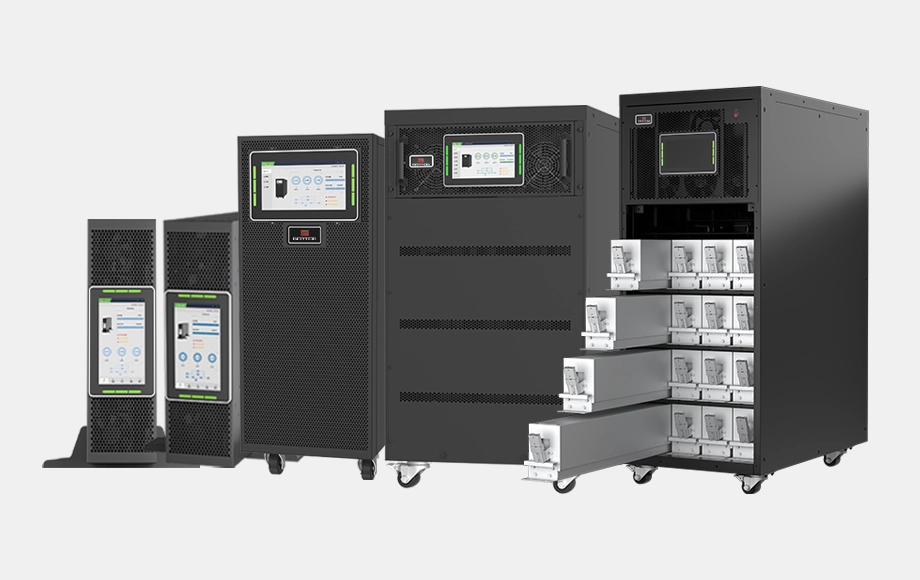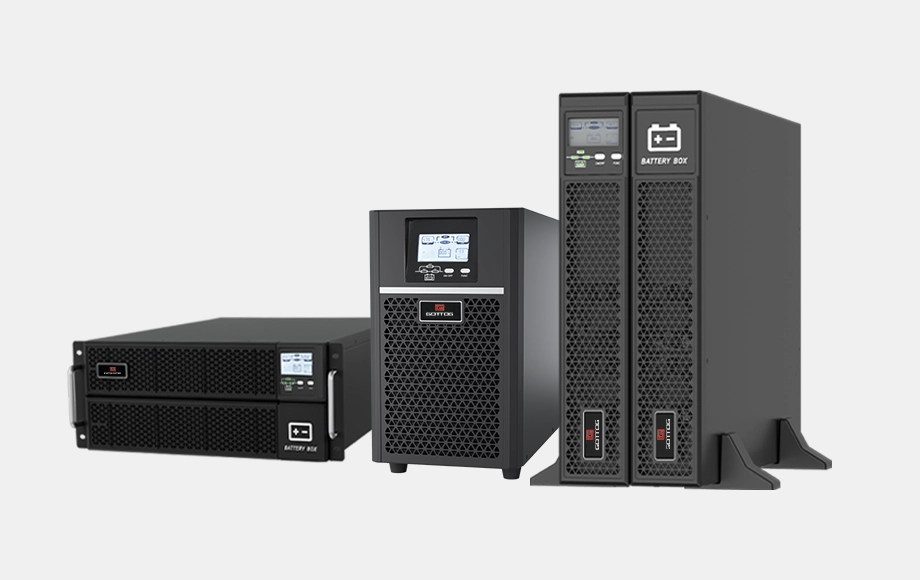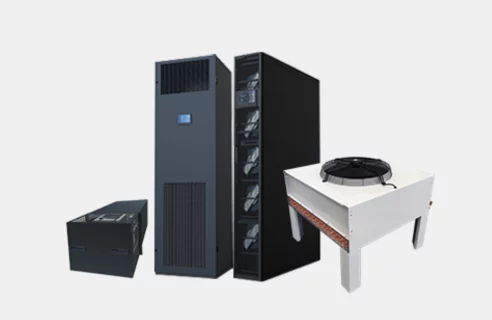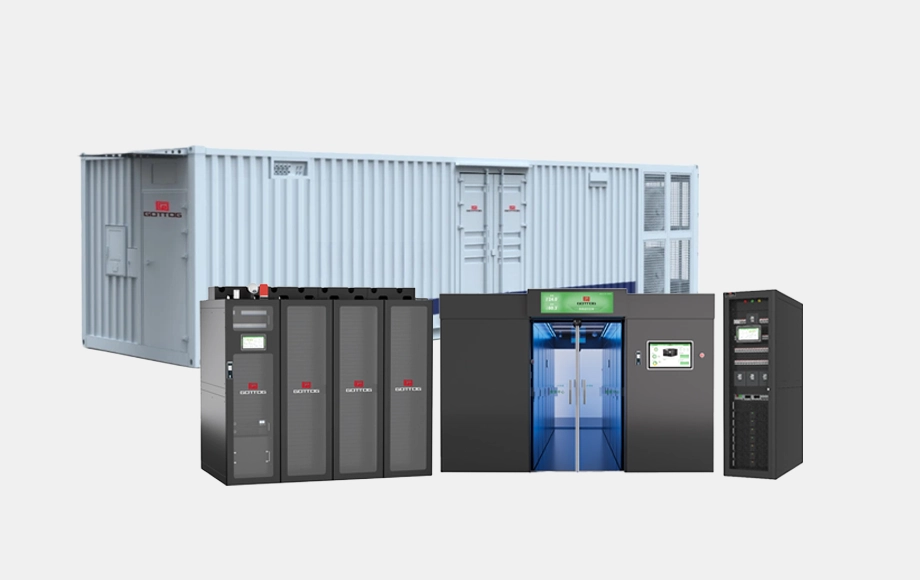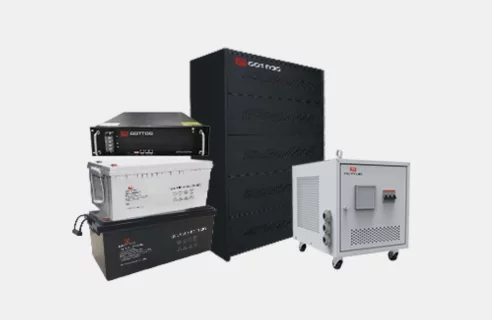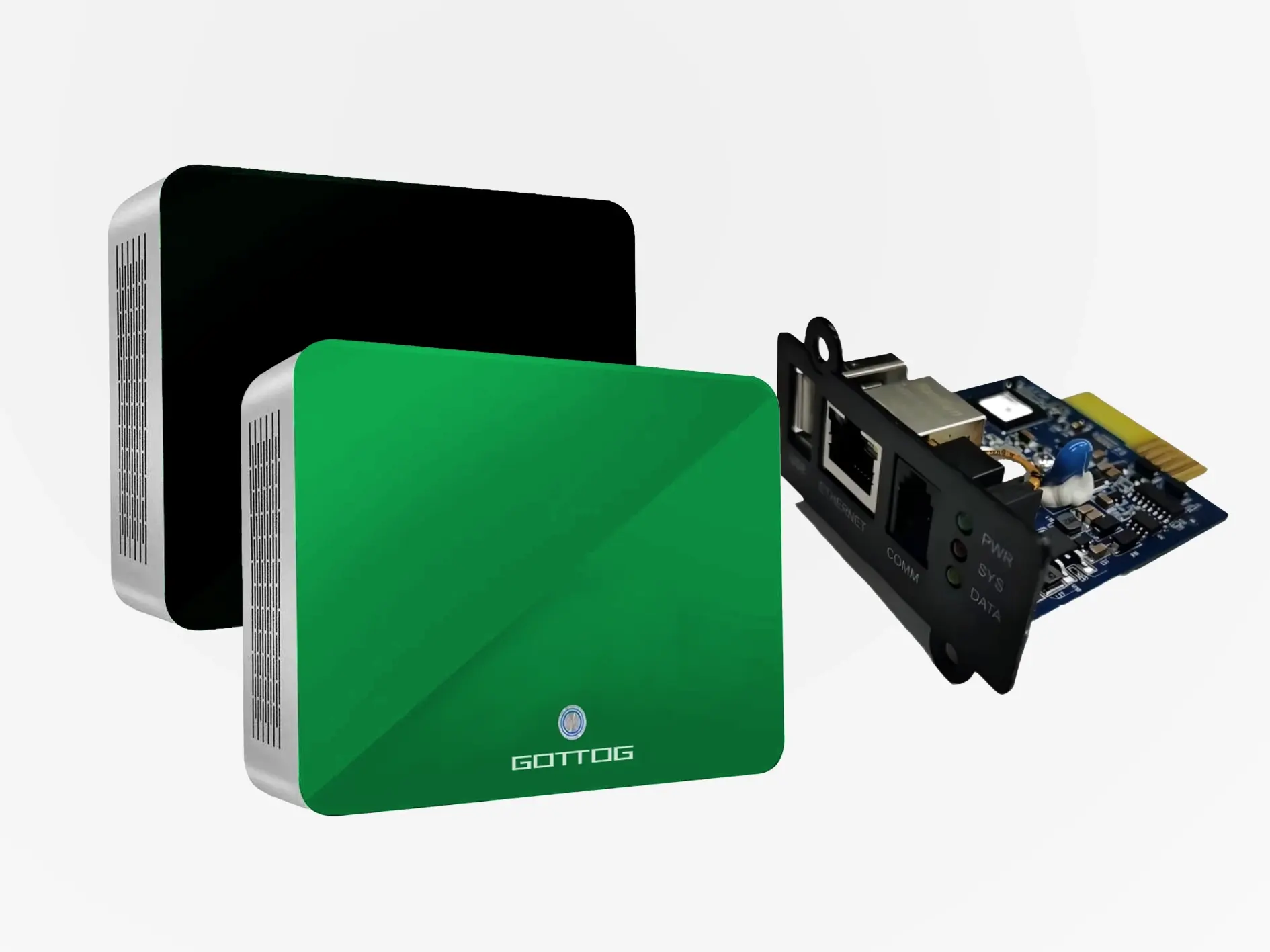With the continuous expansion of data center scale and the sharp increase in computing density, how to dissipate heat efficiently and with low energy consumption has become an urgent problem to be solved in the industry. Traditional air conditioning and cooling systems have been unable to meet the needs of high-density servers and large-scale computing environments, so liquid cooling technology has gradually become an emerging cooling solution. This article will explore whether liquid cooled data centers can completely replace traditional air conditioning and cooling systems, and conduct in-depth analysis of its advantages and challenges.
1. Improvement of heat dissipation efficiency
Liquid cooling technology has significant advantages over traditional air conditioning systems in terms of heat dissipation efficiency. Traditional air conditioning and cooling systems mainly dissipate heat through air convection, but as the density of computing equipment increases, the effect of air cooling gradually becomes insufficient. Liquid cooling systems can absorb and conduct heat more effectively by directly contacting the heat source with liquid. The thermal conductivity of liquid cooling systems is much higher than that of air, so in high-density computing environments, liquid cooling can maintain lower temperatures and have higher heat dissipation efficiency.
2. Energy efficiency and environmental advantages
Compared with air conditioning systems, liquid cooled server racks have higher efficiency in energy utilization. Traditional air conditioning and cooling systems require a lot of energy to operate air conditioning equipment, and the regulation and control of temperature consume a lot of electricity. Liquid cooling systems can improve the efficiency of heat transfer through direct cooling, thereby reducing energy consumption. In addition, liquid cooling systems can maintain efficient operation even in high temperature environments, which helps reduce the use of refrigerants and reduce carbon emissions, and is conducive to achieving green environmental protection goals.
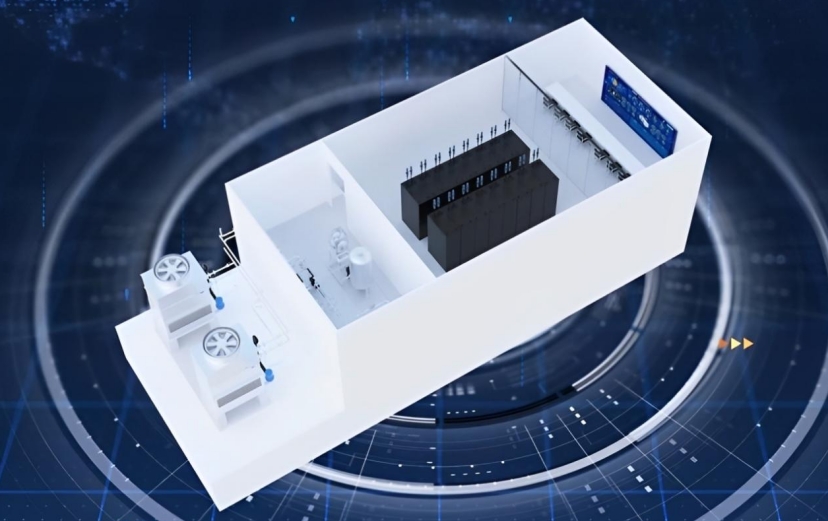
3. Cost and implementation challenges
Although liquid cooling technology has advantages in heat dissipation efficiency and energy efficiency, its application is not without challenges. The construction cost of liquid cooled data centers is usually high, especially in the initial installation stage, requiring more complex liquid cooling infrastructure and system integration. In addition, liquid cooling systems have high requirements for the sealing of equipment, and preventing leakage or contamination of coolant may increase maintenance costs. Traditional air conditioning and cooling systems are relatively mature, fast to deploy, and relatively simple to maintain. Therefore, for some cost-sensitive companies, the high initial investment in liquid cooling technology may become a barrier to adoption.
4. Differences in applicable scenarios
The advantages of liquid cooling systems are mainly reflected in ultra-high performance computing, large-scale data centers, and high-density server environments. For data centers of some small or medium-sized enterprises, traditional air conditioning and cooling systems are still a more suitable choice. The popularity of liquid cooling technology still needs to be evaluated based on actual needs, data center scale, budget and other factors.
5. Future development potential
Although liquid cooled data centers may face certain cost and technical barriers in the initial deployment, as the technology matures and market demand grows, liquid cooling technology is expected to gradually become popular, especially in environments that require efficient heat dissipation and low energy consumption. With the development of liquid cooling technology, more economical and reliable solutions may appear in the future, giving it the opportunity to replace traditional air conditioning and cooling systems in a wider range of application scenarios.
Liquid cooled data centers have shown great potential in improving heat dissipation efficiency, reducing energy consumption and promoting environmental protection. Especially under large-scale and high-density computing needs, liquid cooling systems are expected to gradually replace traditional air conditioning and cooling systems. Despite the challenges in initial investment and technical implementation, with technological advances, liquid cooling is expected to become the mainstream cooling solution for data centers. GOTTOGPOWER will continue to pay attention to the development of liquid cooling technology and provide customers with more efficient and environmentally friendly cooling solutions.

